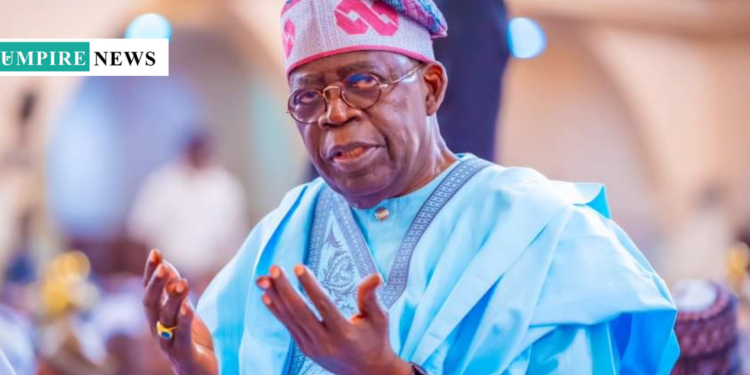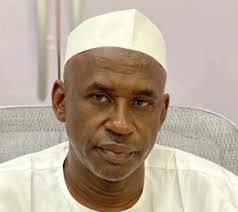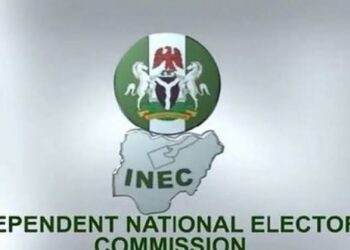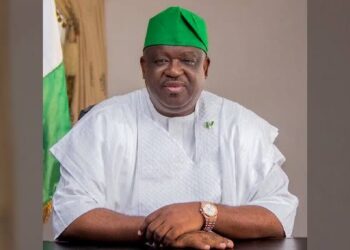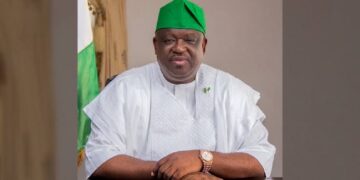President Bola Tinubu’s proposed tax reform bills have sparked serious controversy within Nigeria’s National Assembly, creating a rift between lawmakers and stakeholders. Introduced on September 3, the four bills are designed to overhaul the country’s tax system, following recommendations from the Presidential Committee on Fiscal and Tax Reforms, chaired by Taiwo Oyedele.
The bills include the Nigeria Tax Bill 2024, the Tax Administration Bill, the Nigeria Revenue Service Establishment Bill, and the Joint Revenue Board Establishment Bill. Collectively, they seek to create a more efficient and comprehensive framework for tax collection and administration in the country.
A central point of contention is the proposal to switch the distribution of Value Added Tax (VAT) to a derivation-based model. Under this model, tax revenue would be allocated to states based on the consumption of goods and services rather than the location of company headquarters. This proposal has met fierce opposition from northern governors, who, along with traditional rulers, argue that it could adversely affect the economic interests of the northern states.
The National Economic Council, headed by Vice President Kashim Shettima, has also recommended that the bills be postponed for broader consultations to ensure that all states are treated fairly.
Northern lawmakers have strongly criticized the timing and content of the proposed reforms. Senator Ali Ndume and Senator Ogoshi Onawo voiced concerns that the bills could exacerbate the economic hardships Nigerians are already facing. Senator Onawo argued that implementing new taxes without addressing the country’s infrastructure deficits or providing basic public services would unfairly burden citizens, urging that the bills be re-evaluated considering the current economic challenges.
On the other hand, some southern lawmakers have rallied behind the reforms, advocating for a modernization of Nigeria’s tax system. Babajimi Benson of Lagos defended the measures, stating that they are essential for streamlining tax administration and boosting revenue generation.
He suggested that a portion of federal revenue could be allocated as equalization transfers to ensure fairness in the distribution of funds, thus addressing concerns raised by the northern region. Several lawmakers from the South-West echoed this sentiment, arguing that the reforms could eliminate long-standing inefficiencies in the tax system.
In response to the growing opposition, consultations are underway to engage with various stakeholders, including state governors and the public, to clarify the proposals and gather feedback. Taiwo Oyedele, the committee chairman, confirmed these efforts, emphasizing the need to ensure transparency and address the concerns of all parties involved.


